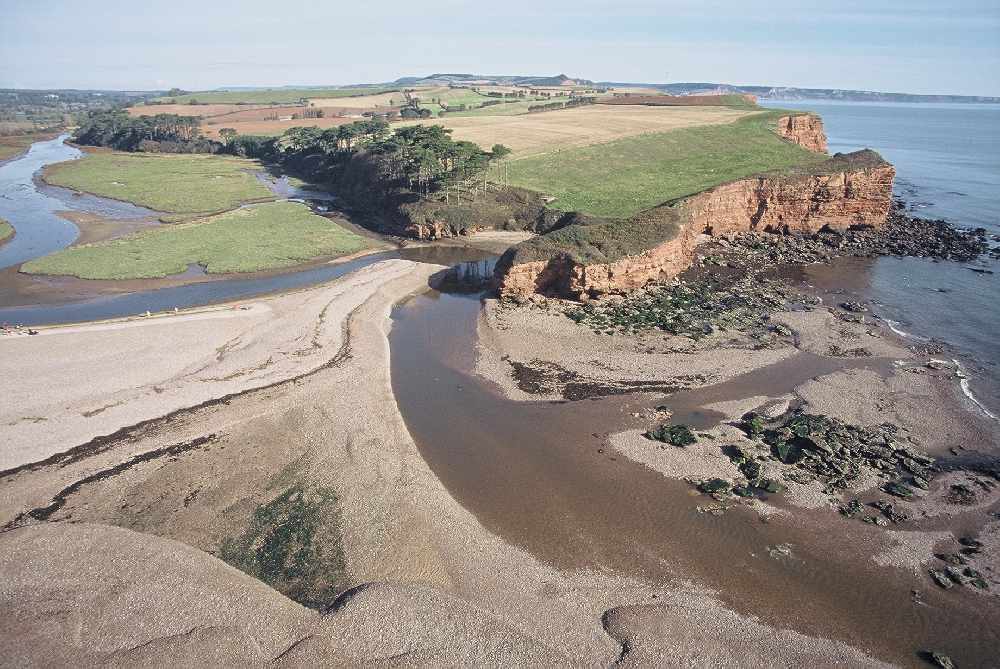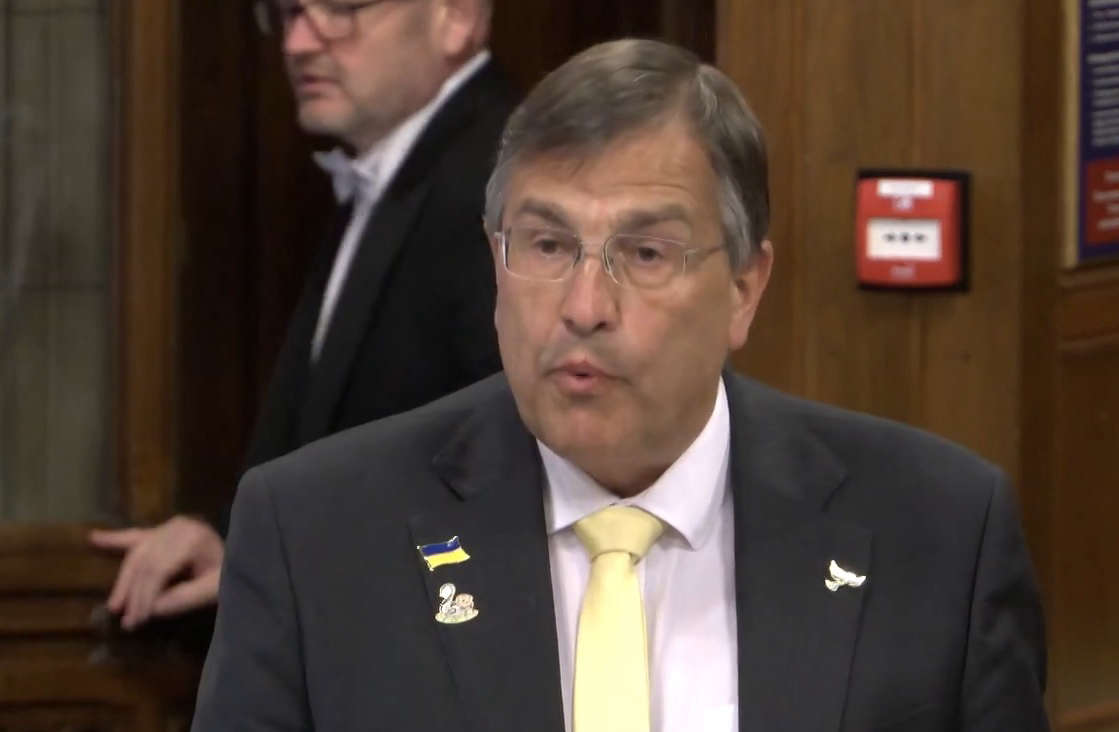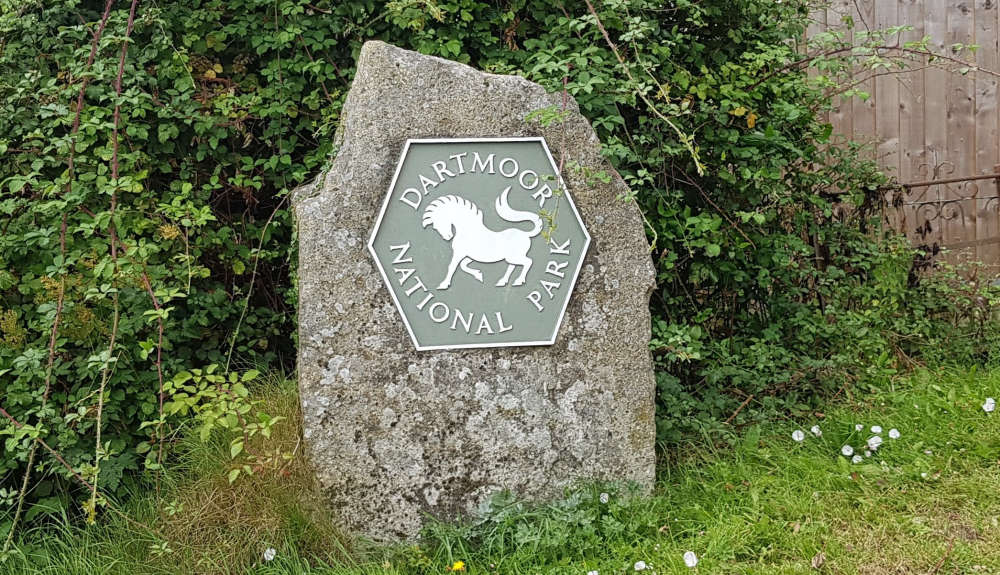
Historic flood plains to be restored
More than £8 million in funding for proposals to restore the Otter Estuary to its natural and historic flood plains to avoid a catastrophic failure of sea defences has been secured.
The Lower Otter Restoration Project has been awarded around the money as part of Project PACCo – Promoting Adaptation to Changing Coasts – with the Otter Estuary one of two pilot sites. The other is in Normandy.
The preferred option for the project, led by landowner Clinton Devon Estates and the Environment Agency, would see the Big and Little Marsh floodplains around Budleigh Salterton restored, with breaches created in the Little Bank, the Big Bank and the River Otter Embankment to allow water to flow through. The funding will support climate change adaptation by working with natural processes to provide benefits for people and wildlife.
Sea defences at the mouth of the River Otter, built 200 years ago to claim fresh farmland from the sea, along with other man-made alterations to the river over the centuries, mean the Otter is no longer as naturally connected with its floodplain as it once was. A major flood or extreme tidal event could lead to catastrophic failure of embankments, with unpredictable environmental and social impacts. Over recent years parts of the South West Coast Path that runs along the embankments have been sometimes closed for significant periods due to erosion.
Funding for the £12 million Lower Otter Restoration Project, with will also see the relocation of the town’s cricket club, is also being provided by landowners Clinton Devon Estates and the Environment Agency. Floods have left part of the club at Ottermouth under water on three occasions in the last 10 years. Plans to relocate to Janie’s Field on the outskirts of the town have been agreed.
Dr Sam Bridgewater, head of wildlife and conservation at Clinton Devon Estates, said: “The European funding approval is a major milestone for the project and we are on the verge of another as we are submitting our final planning application to East Devon District Council for consideration.
“Before the coronavirus emergency we had planned to hold an exhibition in Budleigh Salterton so that local people could see the latest proposals. Because that’s no longer possible we will host a virtual exhibition on the project website www.lowerotterrestorationproject.co.uk once the planning application documents are ready.
“To reach this point the project partners have consulted extensively with the local community over the last seven years, with their input and responses helping us shape the direction of the restoration project. If the council approves the proposals, we will be able to give a clearer idea of when the construction would be likely to start and finish – at the moment we think it would take about two years.”
The benefits of the project include a more ecologically healthy estuary by reconnecting the river to its floodplain, the creation of approximately 60 hectares of rare inter-tidal and wetland habitat which would attract a wide range of wildlife, improved public access, including securing the future of the South West Coast Path along its current route, preventing potential pollution from a former landfill tip through erosion, securing access for nearby residents and businesses, particularly along South Farm Road and securing a long-term future for Budleigh Salterton Cricket Club, he said.
Mike Williams, from the Environment Agency, said: “PACCo is an extremely exciting project, which will deliver real benefits for people and wildlife on the ground, and help others to build on our success elsewhere. We must all find ways of adapting to climate change if we are to manage our estuaries and coasts successfully in the future.”
 Man indecently exposes himself to woman at bus stop
Man indecently exposes himself to woman at bus stop
 Man's jaw corrected after Plymouth punch up
Man's jaw corrected after Plymouth punch up
 Devon MP’s victory over ‘unfair’ GP funding
Devon MP’s victory over ‘unfair’ GP funding
 Public donations to boost Dartmoor's accessibility
Public donations to boost Dartmoor's accessibility
 Theatre launches Crowdfunder to support talent
Theatre launches Crowdfunder to support talent
 Exmouth shops forced to close after tobacco raids
Exmouth shops forced to close after tobacco raids
